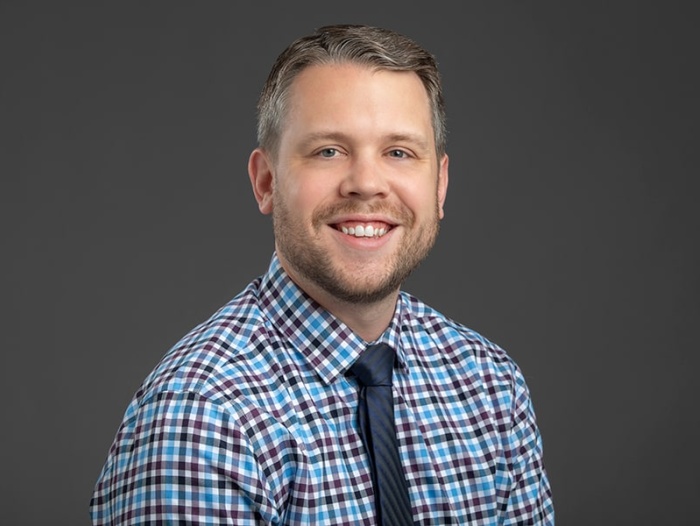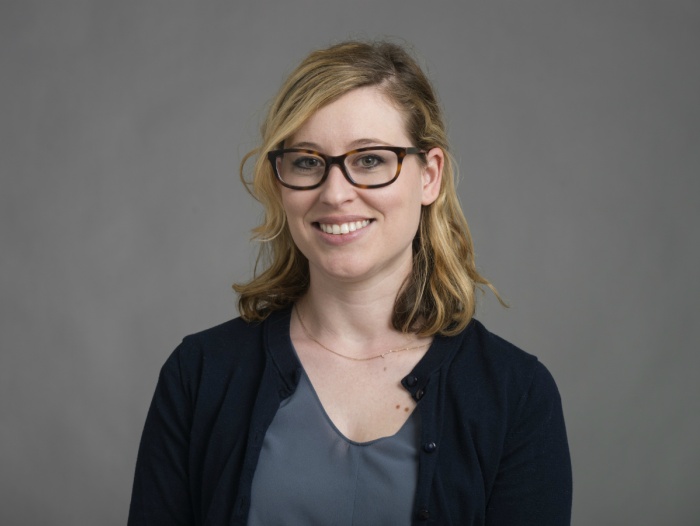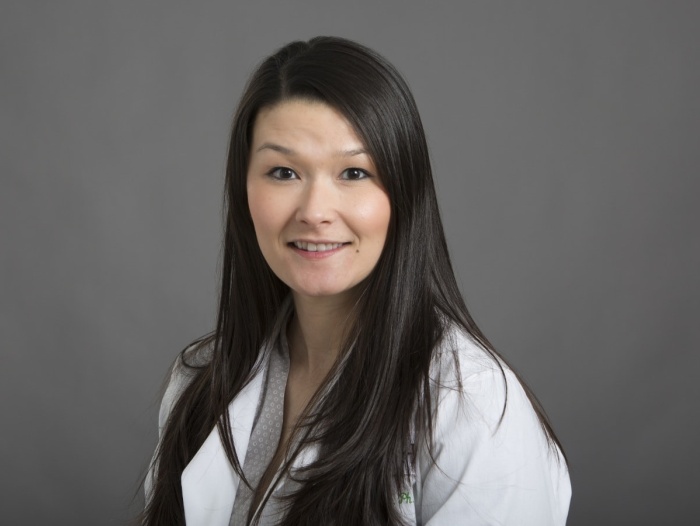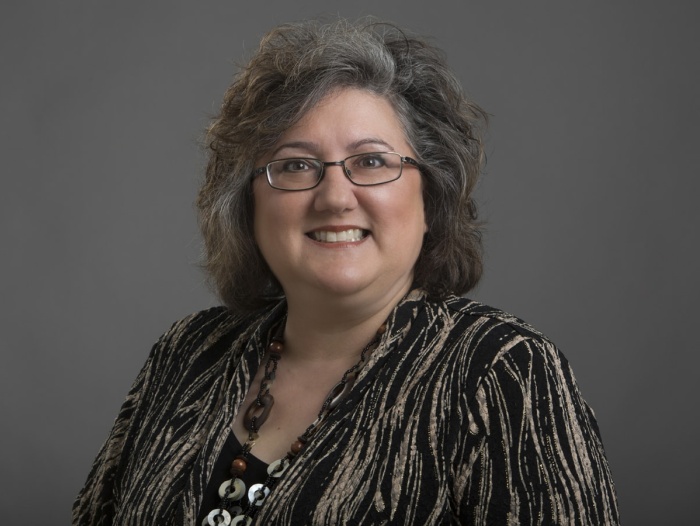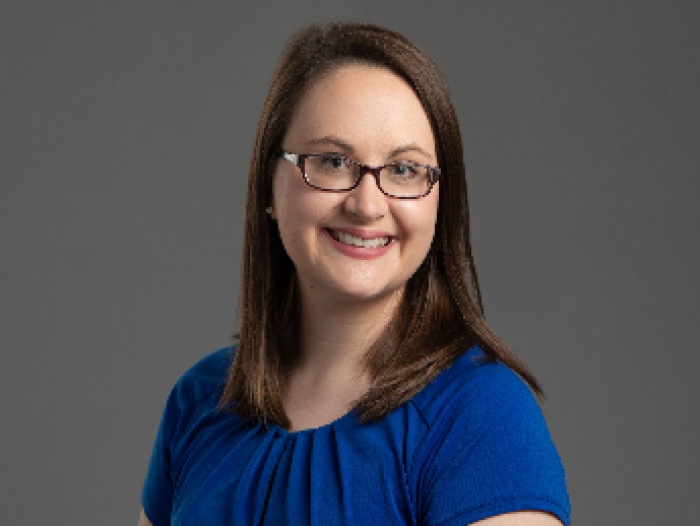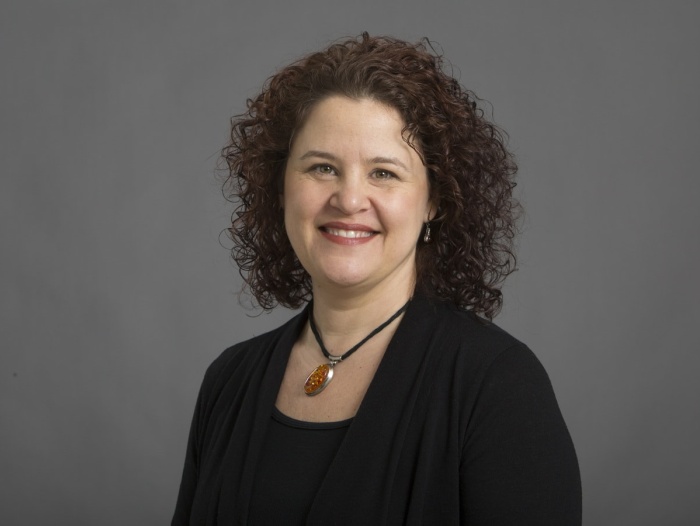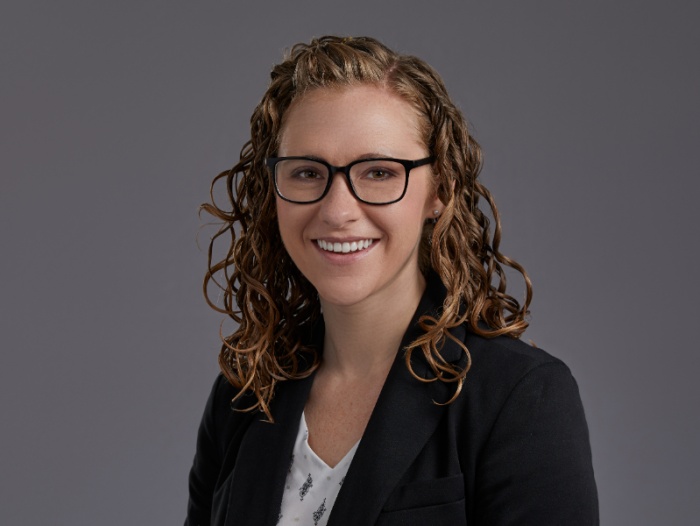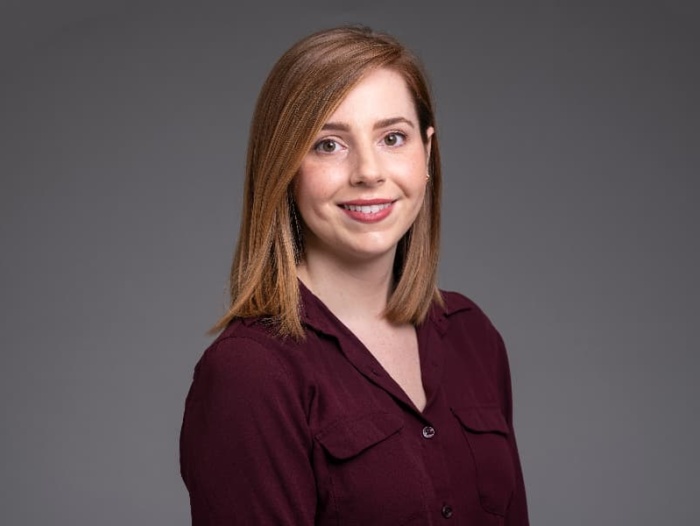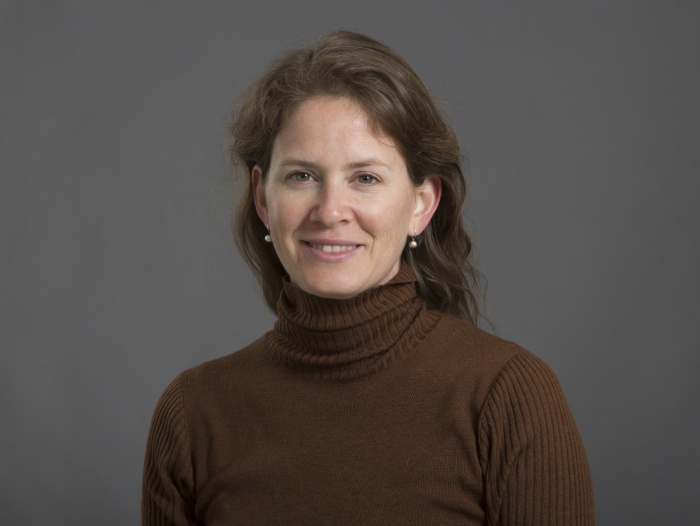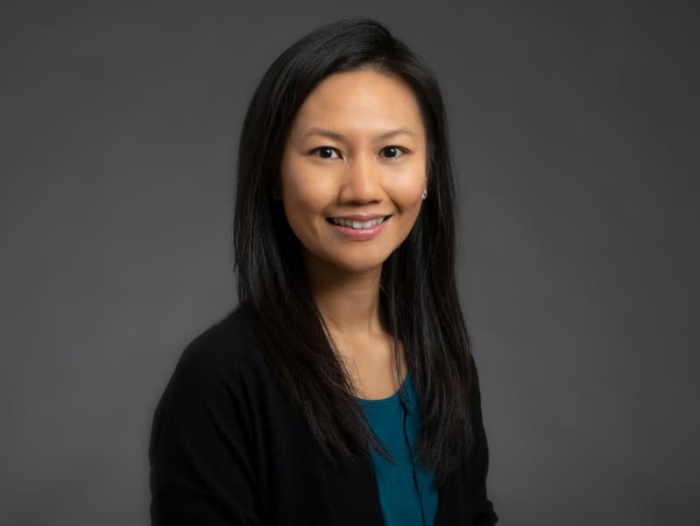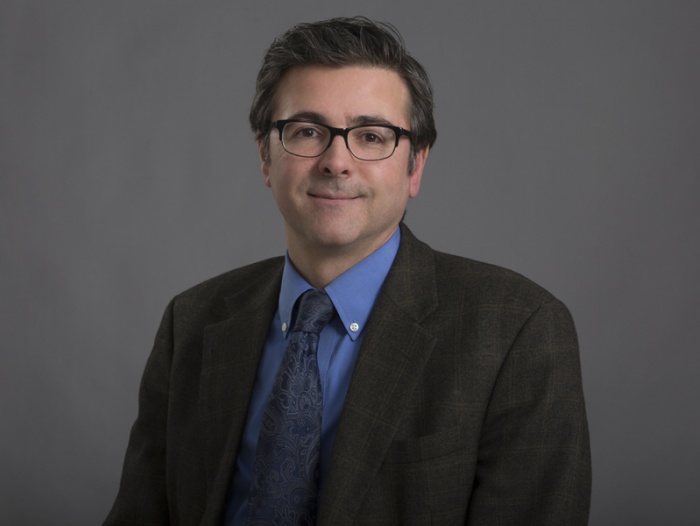The psychology residency (aka doctoral internship) in the Division of Behavioral Sciences is a one-year, American Psychological Association-accredited, full-time training program that fulfills the doctoral internship requirement for doctoral programs in health services psychology. The program has been continuously accredited by the American Psychological Association since 1967 and has trained over 300 psychologists, most of whom are working around the world today in academic medical centers, and/or a variety of clinical and educational settings.
The program offers training in the following three tracks:
- Child/Adolescent/Pediatric psychology (two positions)
- Health psychology (four positions)
- Neuropsychology (three positions)
Trainees in all tracks work in both inpatient and outpatient settings and provide assessment, testing, consultation and treatment for Rush’s diverse patient population. Regularly scheduled supervision is provided for a minimum of four hours weekly. Trainees also participate in several didactic seminars weekly and have the option of participating in research projects with faculty members as mentors.
Please see the links below for more information on our program:
- Program Philosophy and Goals
- Environment and Hours, Evaluation Procedures, and Stipend and Benefits
- Internship Tracks
- Diversity, Equity, and Inclusion
- Internship Training Seminars
- Research Opportunities
American Psychological Association (APA) accreditation status and the current standards for accreditation can be found on the APA website or by contacting the APA:
Office of Program Consultation and Accreditation
American Psychological Association
750 First St. NE Washington, DC 20002-4242
Phone: (202) 336-5979
How to apply
We are a member of the Association of Psychology Postdoctoral and Internship Centers (APPIC) and participate in the APPIC Internship Matching Program.
Candidates must be enrolled in and near completion of an American Psychological Association-accredited or Canadian Psychological Association-accredited doctoral program in clinical or counseling psychology to be considered. Applications from candidates from underrepresented groups are especially welcome and encouraged. All application materials should be submitted via the APPIC website by November 1, including the following:
- Cover letter discussing your interest in our program and, especially, why you would be a good fit from a training and career goal perspective. Include a discussion of the clinical experiences you have had relevant to the track to which you are applying, and include the number of face-to-face hours you have worked with the track population(s). The cover letter should be addressed to the appropriate track director (Lauren E Bradley, PhD, Health Psychology; Christopher L. Grote, PhD, Neuropsychology; Kyle Bersted, PhD and Janet Yarboi, PhD, Child/Adolescent/Pediatric Psychology (additional contact information below)).
- APPI application
- Curriculum vitae
- Graduate school transcript
- Three letters of recommendation
Candidates are selected based on the following criteria:
- Fit of the applicant's interests, experience, and career goals with desired program track.
- Letters of recommendation
- Graduate program course work, grades and practice experiences
- A solid research and publication background
- Complete or nearly complete dissertation prior to internship is a plus.
Please note, applicants should apply to only one track (Health, Neuropsychology, Child/Adolescent/Pediatric).
Prior to starting internship, applicants complete a pre-employment background check and drug screen. Note: Cannabis (marijuana) use, whether for medical purposes or not, is prohibited at this time. A positive drug test for marijuana will therefore prevent successful completion of the pre-employment drug screen. This policy is subject to change as state laws change.
All Rush personnel are to be immunized against COVID-19 as recommended by the Centers for Disease Control and Prevention/ Advisory Committee on Immunization Practices (CDC/ACIP) and approved by Rush IPC unless an exemption has been granted.
Internship Admissions, Support, and Initial Placement Data
Date Program Tables are updated: 10/01/2024
| Program Disclosures | |
|---|---|
| Does the program or institution require students, trainees, and/or staff (faculty) to comply with specific policies or practices related to the institution’s affiliation or purpose? Such policies or practices may include, but are not limited to, admissions, hiring, retention policies, and/or requirements for completion that express mission and values? | No |
| If yes, provide website link (or content from brochure) where this specific information is presented: | N/A |
| Internship Program Admissions | ||
|---|---|---|
| Briefly describe in narrative form important information to assist potential applicants in assessing their likely fit with your program. This description must be consistent with the program’s policies on intern selection and practicum and academic preparation requirements: | This program considers every application that is received. Applicants who fit here best tend to (a) be from a scientist-practitioner or clinical scientist program, (b) have clinical experience (assessment and treatment) related to the specialty area to which they are applying, (c) have research experience and publications/presentations, and (d) be planning for a career in academic medicine. | |
| Does the program require that applicants have received a minimum number of hours of the following at time of application? If Yes, indicate how many: | ||
| Total Direct Contact Intervention Hours | N | Amount: N/A |
| Total Direct Contact Assessment Hours | N | Amount: N/A |
| Describe any other required minimum criteria used to screen applicants: | U.S. citizenship or permanent resident status required | |
| Financial and Other Benefit Support for Upcoming Training Year* | |
|---|---|
| Annual Stipend/Salary for Full-time Interns | $39,041 |
| Annual Stipend/Salary for Half-time Interns | N/A |
| Program provides access to medical insurance for intern? | Yes |
| Program provides access to medical insurance for intern? | Yes |
| If access to medical insurance is provided: | |
| Trainee contribution to cost required? | No |
| Coverage of family member(s) available? | Yes |
| Coverage of legally married partner available? | Yes |
| Coverage of domestic partner available? | Yes |
| Hours of Annual Paid Personal Time Off (PTO and/or Vacation) | 160 |
| Hours of Annual Paid Sick Leave | 40 |
| In the event of medical conditions and/or family needs that require extended leave, does the program allow reasonable unpaid leave to interns/residents in excess of personal time off and sick leave? | Yes |
Other Benefits (please describe):
| |
* Note: Programs are not required by the Commission on Accreditation to provide all benefits listed in this table.
| Initial Post-Internship Positions | ||
|---|---|---|
Provide an Aggregated Tally for the Preceding 3 Cohorts | ||
| Total # of interns who were in the 3 cohorts | 27 | |
| Total # of interns who did not seek employment because they returned to their doctoral program/are completing doctoral degree | 0 | |
| PD | EP | |
| Academic teaching | 1 | N/A |
| Community Mental Health Center | N/A | N/A |
| Consortium | N/A | N/A |
| University Counseling Center | N/A | N/A |
| Hospital/Medical Center | 24 | N/A |
| Veterans Affairs Health Care System | 1 | N/A |
| Psychiatric Facility | N/A | N/A |
| Correctional Facility | N/A | N/A |
| Health Maintenance Organization | N/A | N/A |
| School District/System | N/A | N/A |
| Independent Practice Setting | 1 | N/A |
| Other | N/A | N/A |
Note: "PD" = Post-doctoral residency position; "EP" = Employed Position. Each individual represented in this table should be counted only one time. For former trainees working in more than one setting, select the setting that represents their primary position.
Those selected to interview will be notified by email by December 15. Interviews are typically conducted between early and mid-January for the Health and Neuropsychology tracks and in December and January for the Pediatric/Child/Adolescent Psychology track. All interviews for the 2025-2026 class will be virtual.
If you have any questions related to the application process, please email Alexis Lopez, internship program coordinator, at alexis_m_lopez@rush.edu or call (312) 942-5932.
Contact information
For questions about a particular track, please contact the director in your area of interest:
Lauren E Bradley, PhD
Director of Health Psychology Training
Director of Clinical Training
Phone: (312) 942-2714
Christopher L. Grote, PhD
Director of Neuropsychology Training
Phone: (312) 942-5523
Kyle Bersted, PhD
Co-director of Pediatric/Child/Adolescent Psychology Training
Phone: (312) 563-1466
Janet Yarboi, PhD
Co-director of Pediatric/Child/Adolescent Psychology Training
Phone: (312) 942-8190



